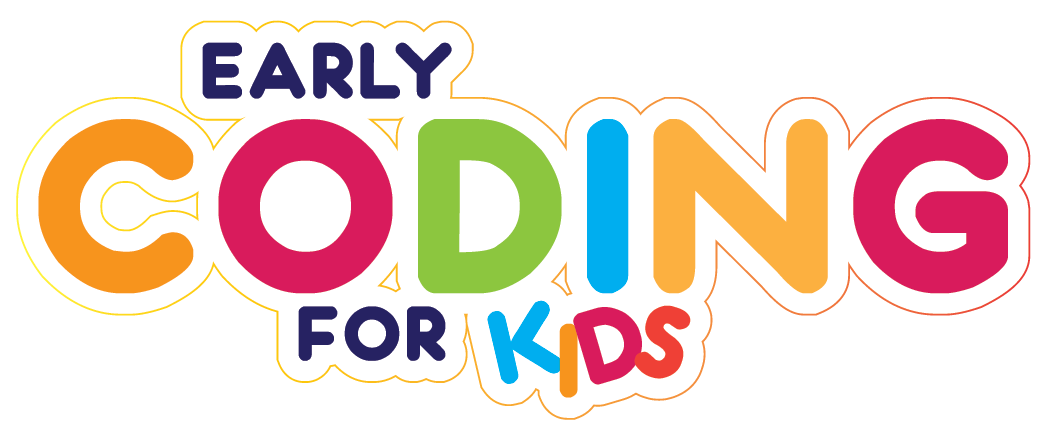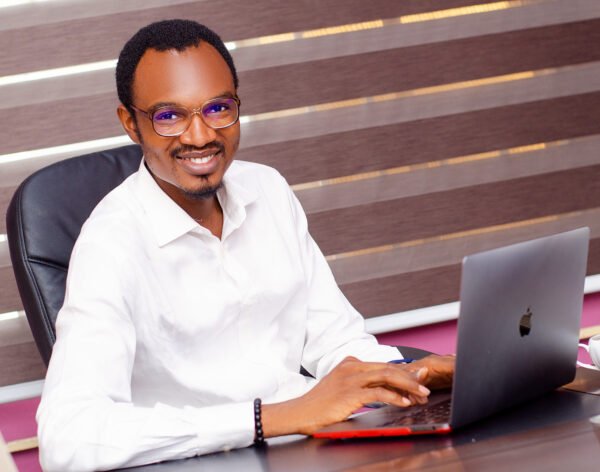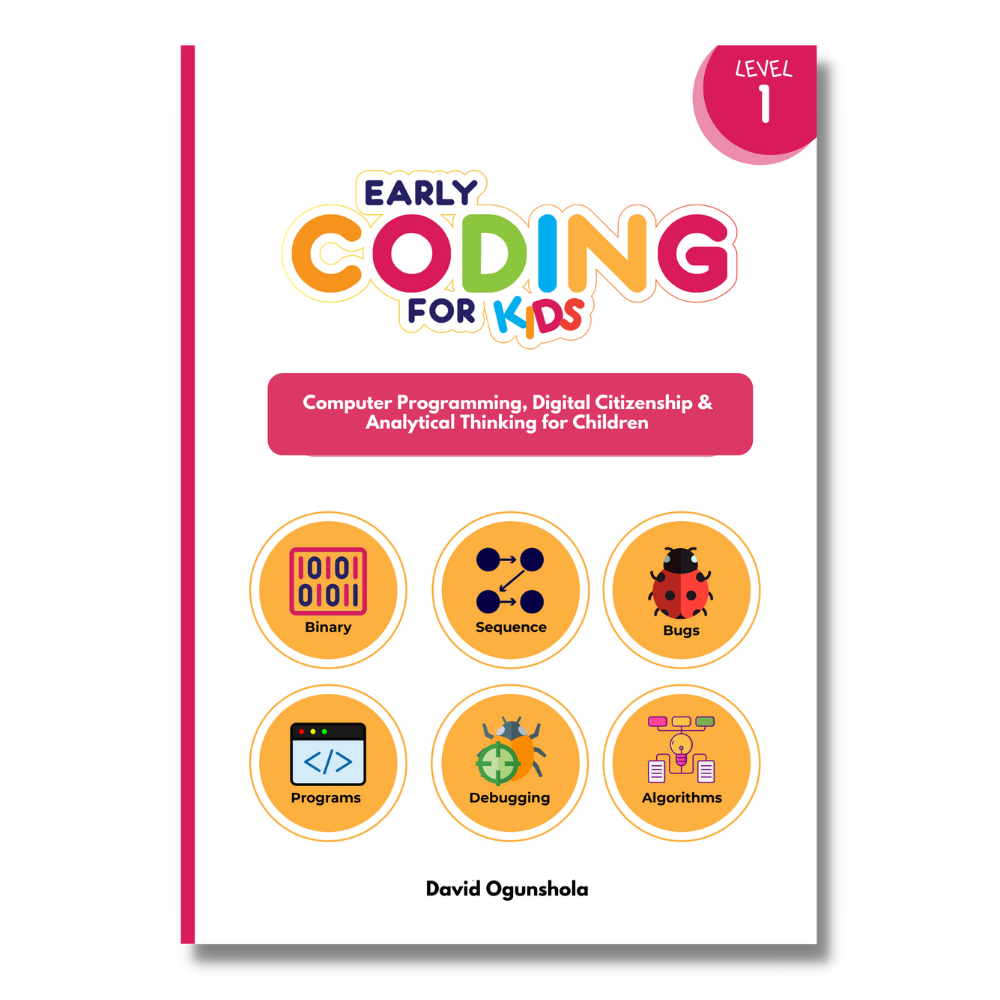About The Book
Early Coding sparks CRITICAL THINKING, CREATIVITY, AND INNOVATION in young learners. That is what these books will help you achieve. Get students on the path of innovation.
Meet the Author
David Ogunshola is widely recognized for his work as an innovation catalyst. He has a Bachelor’s Degree in Computer Science, M.A. in Organizational Leadership and an M.Ed in STEM Education from the American College of Education. He holds the National Certificate for STEM Teaching (NCST) a prestigious certification offered by the National Institute for STEM Education (NISE) in the USA.
David has worked for more than 15 years as a Software Developer, IT Consultant and Educator. He is the co-founder of Brainy Hive Schools, a future-driven K-12 school in Nigeria, founder of STEM Academy Nigeria – a coding and startup school for children and Founder of Daveshoope Inc, a Software Development & IT Consulting company. His interest in high-quality disruptive education led him to take multiple courses in education and pedagogy and to start teaching coding to children in Nigeria and Internationally since 2018 with tremendous results and successes. The lack of age-appropriate structured offline resources for his classes inspired the journey into the creation of these books. The books have undergone multiple iterations and every lesson in each book has been tested in a real classroom.
You can reach him at david.ogunshola@yahoo.com
Note to Parents and Teachers
Coding is another word for Computer Programming. It is simply telling a computer what to do in a language that the computer understands. Coding is a new area of literacy that children will need to learn and master in the 21st century and going forward, irrespective of the career fields they choose to pursue.
This book aims to teach children and students not just to be consumers of technology but to be creators and inventors. Early Coding (Levels 1 to 5) will help children to understand how the computer thinks and how to create their own programs, games, animations and anything they can imagine using a computer programming language. It has been designed in a way that it can be used in schools or at home for personal learning. There is no age limit on who can use the book, but even children from age five can understand the concepts.
Many people assume that coding is too difficult for children to learn, but we have seen children from age five learn how to code.
Your child/student would not only be learning to code. Beyond programming computers, here are other skills that children learn in the process that they can transfer to other areas of their lives:
- How to recognize patterns and follow a sequence of actions to accomplish tasks
- Analytical thinking and problem solving – the ability to look at big problems, study them and break them down into smaller parts to find solutions
- Concentration, discipline and perseverance to finish tasks they start
- Creativity and imagination: the ability to ask questions, experiment, make mistakes and learn from their exploration
- Digital Citizenship: the responsible use of technology, especially in a world that is becoming increasingly internet driven
Our goal is not just to teach coding but to prepare children to be creative thinkers and problem solvers.
Not all the lessons and activities require a screen, but many of the applications and experiments will be made using a programming language called Scratch, which uses commands in the form of blocks dragged together to instruct the computer. Scratch is free and works without the internet. Children would require access to a computer to be able to make the best use of this book.
David Ogunshola
david.ogunshola@yahoo.com



